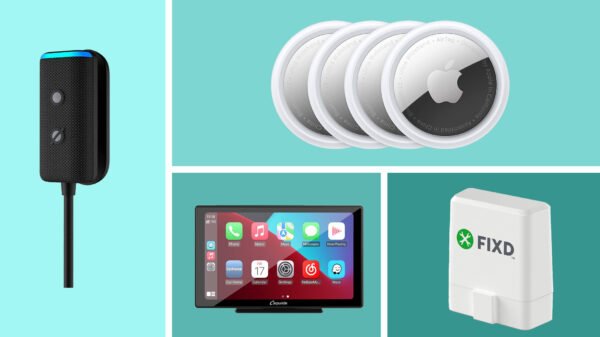Who Chooses Medically Assisted Death? A Close Look at the Latest MAID Study
Medical assistance in dying (MAID) remains one of the most debated topics in modern healthcare. Policies surrounding MAID are constantly evolving, balancing ethical concerns with medical realities. A new study published in December 2024 in JAMA Internal Medicine offers a clearer picture of who chooses MAID and why. The findings challenge common fears about the practice while sparking important discussions about its future.
Medical assistance in dying allows individuals with terminal illnesses to end their lives with a prescribed medication. Unlike euthanasia, where a doctor administers the drug, MAID gives patients control over the final act. Many countries restrict it to those with a life expectancy of under six months, while others, like the Netherlands, have expanded eligibility to include extreme mental suffering.
This latest study was conducted by researchers from Canada, the U.S., and Europe. Dr. James Downar, the study’s lead researcher and head of Palliative Care at the University of Ottawa, noted that the research aimed to challenge misconceptions about MAID and the types of patients who opt for it.
The study found significant trends among individuals choosing assisted death. The highest proportion of MAID patients were those with ALS (Amyotrophic Lateral Sclerosis), with 17% of ALS patients opting for this path. Cancer patients made up the second-largest group, with 3-4% choosing MAID. Individuals with heart disease and other slow-progressing conditions accounted for fewer than 1%.
ALS and cancer are both known for their rapid and painful progression, often leading patients to seek MAID as a way to retain control over their final days. In contrast, slower-progressing diseases, such as heart conditions, result in fewer MAID requests, likely because their impact on quality of life is more gradual.
A common concern about MAID is the risk of coercion, particularly among vulnerable groups such as the elderly, disabled, or financially disadvantaged. Some critics fear that MAID could become a replacement for proper healthcare, with people feeling pressured to choose death due to lack of adequate support.
However, the study found no evidence of coercion. Instead, the majority of those opting for MAID were financially stable, well-educated, and already had access to quality palliative care. Dr. Downar emphasized that there was no indication that disadvantaged individuals were being pushed into MAID. Rather, the system primarily served terminally ill patients seeking to alleviate suffering.
In Canada, where MAID has been legal since 2016, discussions about expanding eligibility to include individuals suffering from mental illness alone have been highly controversial. The government had planned to extend MAID to these individuals, but concerns over safeguards led to a delay until at least 2027. Policymakers cited the need for stronger protections before making any expansion permanent.
This hesitation reflects a broader international debate on how to balance patient autonomy with protecting vulnerable individuals. While MAID laws continue to evolve, carefully crafted policies must ensure that accessibility does not come at the cost of necessary protections.
The recent findings confirm that MAID remains a choice primarily for patients with terminal illnesses facing rapid decline. There is no evidence to suggest widespread misuse or unethical trends. Still, as discussions around assisted dying continue, many experts believe that improving palliative care should be a top priority. Ensuring that all patients—regardless of whether they choose MAID—receive compassionate, high-quality end-of-life care will remain a critical part of the ongoing conversation.
As policies develop, finding the right balance between accessibility and ethical safeguards will be essential. The goal should be to support patient autonomy while ensuring that no one feels pressured into making this difficult choice due to medical or systemic shortcomings.





















































